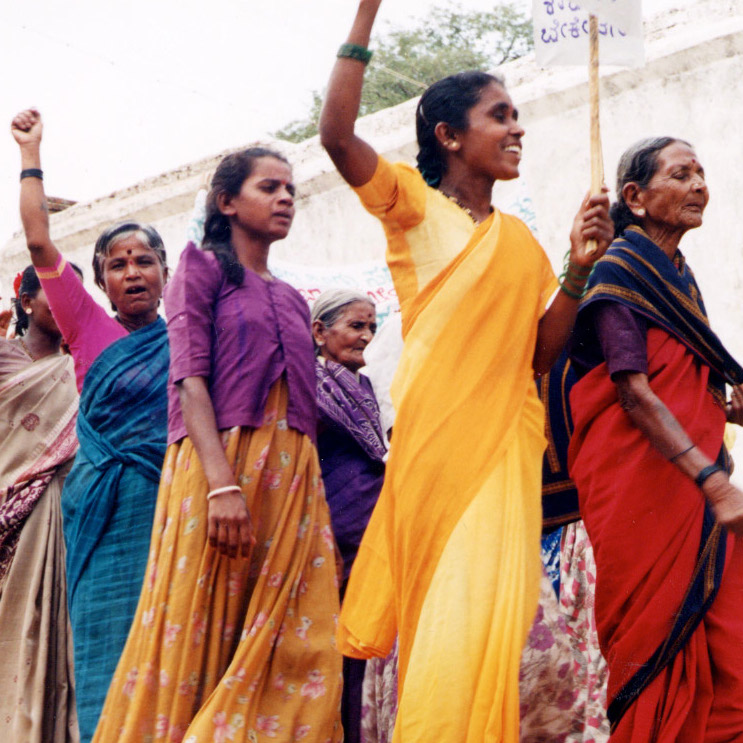 Mr. Ramit Basu, UN Habitat (Nairobi, Kenya) recently published the article, “State of Panchayat Raj in India, Not just Government Apathy!” on the State of Local Governments in India from the role of civil society point of view. He argues that Civil Society can be a great motivator and supporter for decentralized governance.
Mr. Ramit Basu, UN Habitat (Nairobi, Kenya) recently published the article, “State of Panchayat Raj in India, Not just Government Apathy!” on the State of Local Governments in India from the role of civil society point of view. He argues that Civil Society can be a great motivator and supporter for decentralized governance.
The Indian government enacted the 73rd and 74th Constitutional Amendments in 1992 to deepen and strengthen democratic decentralization. However, it needs to be examined as to how much the Civil Society has supported this change. For the past two decades, NGOs have not generally consulted with elected local bodies in program design and Panchayat members (representing the various wards) have not been properly involved in program monitoring and evaluation. NGOs fear that local bodies are politically motivated, and that involving them will polarize their programs and result in inequitable distribution of benefits.
Moreover, the media, the donors, international funding agencies, and private companies have been obstacles for effective decentralization and have not succeeded in collaborating with local governments.
The media rarely raises issues being faced by Panchayats on a regular basis or report that CSOs’ demonstration to support local bodies. On the contrary, in many times, the media highlighted issues of corruption and malgovernance without an in-depth analysis into the cause and effect, thus created negative sentiments amongst the common public towards Panchayat Raj.
Private companies have violated rules which mandate that they seek the due consent of the Gram Sabha (a meeting of all adults who live in the area covered by a Panchayat) before starting any commercial operations, and that they must respect the right of the community to control natural resources. Basu states that companies have openly plundered tribal areas and have destroyed natural reserves thus resulting in displacement and loss of livelihoods.
Most Donors and international funding agencies have rarely focused on funding projects towards improving democratic / decentralized governance. The lack of focus on governance may be related to the issue of fundraising, but Basu argues that donors should make their partners agree to involve local bodies in project management and sharing all project information. They should endeavor and amend its policies to incorporate local bodies in a more creative way and should even consider provisioning of untied funds for Panchayats to enable them to sustain development actions.
NGOs have a great potential to support local governments. They can make local representatives aware of their role and the essence of decentralized governance, and can play a role effectively on creating a synergy and understanding between the three levels of Panchayats for better coordination and the urban local bodies. Basu makes several suggestions to move ahead:
- Civil Society should do more advocacy with the state government for devolution, create a support system for local bodies, provide regular information to them on various local issues, and strengthen their legal understanding on provisions in key legislation.
- Civil Society initiatives and alliances such as VANI, PACS have to seriously consider bringing in local bodies at the center stage of their activities (like PRIA, THP) and to act as effective advocacy platforms at the state and national level.
Basu believes that NGOs now understand that they are not forever to be in the forefront of development actions and need to handover to local bodies. Local bodies are there to stay and it is our responsibility to support and strengthen them for tangible outcomes and sustainability of actions.
The full article can be downloaded here: State of Panchayat Raj in India: Not just Government Apathy!


Leave a Reply
You must be logged in to post a comment.